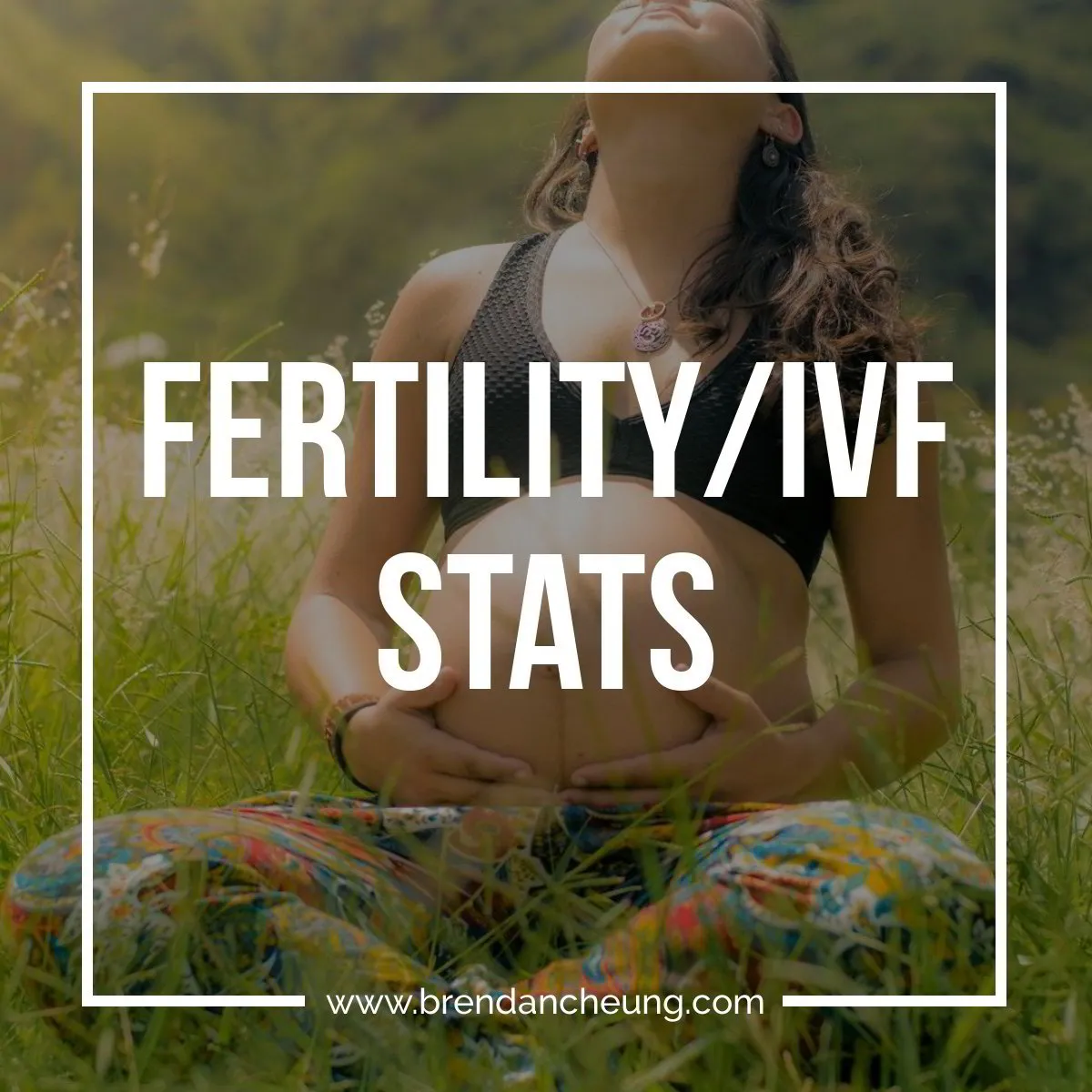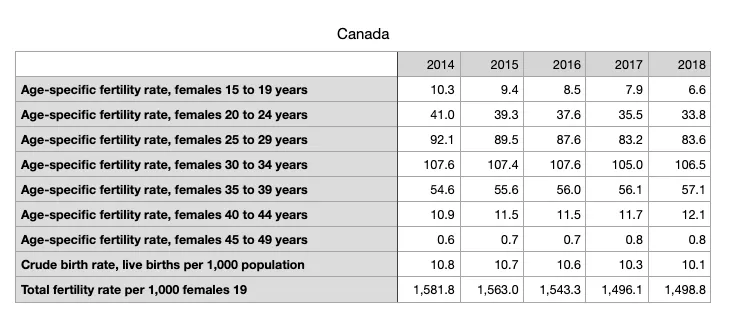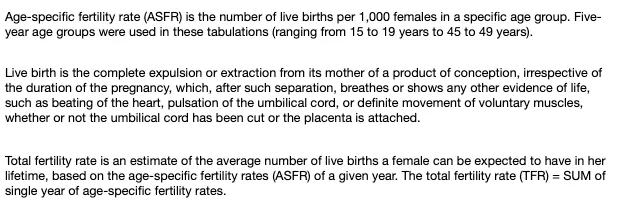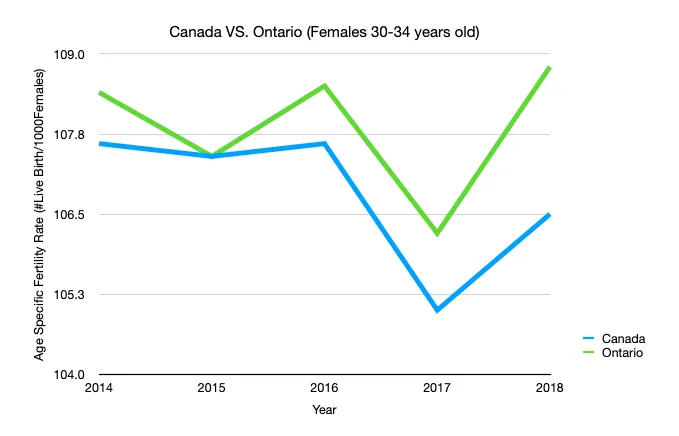While having a discussion with a patient a while back, the topic of incidence came up. Specifically, what the rates of infertility were and how much fertility treatments were helping. So, I decided to take a quick look around and see what information was available.
Fertility Rates
First stop was the Statcan website, which releases data every four years (I think?). The last set of data released in 2016, indicates there were 383,000 births in 2016. This is much in line with the average in the last ten years, where it fluctuates between 377,000 to 384, 000 a year.
Over a similar time frame, the total fertility rate (the number of kids a woman has) dropped from 1.68 children in 2009 to 1.54 children in 2016. The average maternal age for the first birth has gone up from 28.7 years old in 2012 to 29.2 years old in 2016.
For Ontario, we have pretty similar data to the national trend. Here's a comparison for 30-34 year olds over the same period.
Looking at a different source, we have some older data to compare.
The total rate of infertility in 1984 was 5.4%, in 1992 it was 8.5% and in 2012, it was found to be up to 15.7%. Taking a closer look, those in the 18-29 age bracket went from 4.9% in 1984 to 13.7% in 2012. Similarly, the 40-44 year olds went from 4.6% in 1984 and up to 20.7% in 2012.
Overall, the trend is that we have lower rates of fertility. There are a lot of factors for these changes, some of which include; women starting relationships/families at a later age, increased accessibility to birth control, the demands of career and education. In addition, rates of obesity, levels of stress and other lifestyle factors have also made things more difficult.
A Side Note
"Roughly 16% (or 1 in 6) couples in Canada experience infertility. This number has doubled since the 1980's."
Causes…
30% of the time it's the men.
40% of the time it's the women
20% of the time it's a mix of both
10% of the time it's unknown why (idiopathic)
IVF Success Rates
Simply querying google for IVF success rates spits out a number of 40% (more on this number in a moment). Presently, most clinics are relatively similar in their success rates; the reason for this being that most clinics still only follow a handful of common protocols. Variations can be seen sometimes in the numbers, but that is sometimes due to what is actually being reported.
Google pulled the 40% figure above from the Center of Human Reproduction, which published it's data like many clinics do. The 2009 figure refers to the "success rate" for women younger than 35 years old. It's important to note, that this stat provided is the number of live births per cycle - which is the number of live births divided by the number of egg retrievals initiated. There are other measures that are provided, such as "live birth rates per embryo transfer" or "live births per cycle start". The differences between these terms is confusing and can often also lead to variances in the numbers.
Generally speaking though, these types of statistics are not a great predictor of outcome as it doesn't differentiate much about the patient's history or diagnoses. Thankfully though, the Society For Assisted Reproductive Technology (SART) has created a ART fertility predictor on their website. It's based on data from 500, 000 cycles, from 320, 000 women taken since 2006. It's an interesting tool because it can account for age, body type, and different types of fertility issues. Now, we can get some more specific comparisons for someone who is 22 years old, has a BMI of 17 and has endometriosis AND someone who is 38, has a BMI of 27 and has PCOS. It's more meaningful data that can help provide some insight for couples to see what they're dealing with.
I'll finish this one with a quick thought and one last stat.
Fertility rates have declined over time, which is due to both controllable (lifestyle) and uncontrollable (societal) factors. Manage what you can to help yourself be healthy; that'll help the most with your fertility. Eat well, sleep well, keep stress under control. It's true for whatever path you take.
And some good news to finish off with…
91% of women can get pregnant at 30 years old.
77% of women can get pregnant at 35 years old.
53% of women can get pregnant by 40 years old.
(Source)




